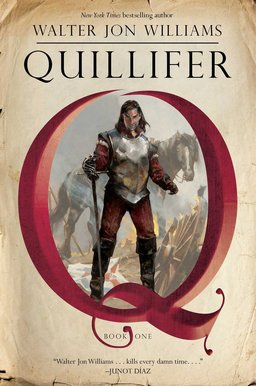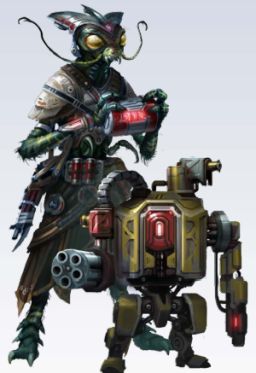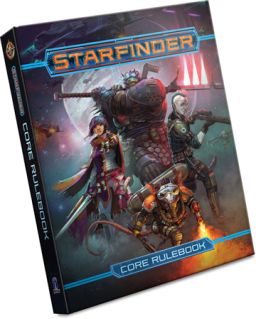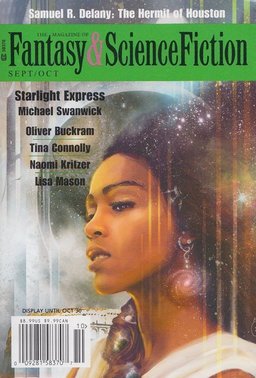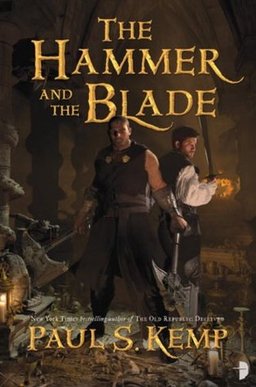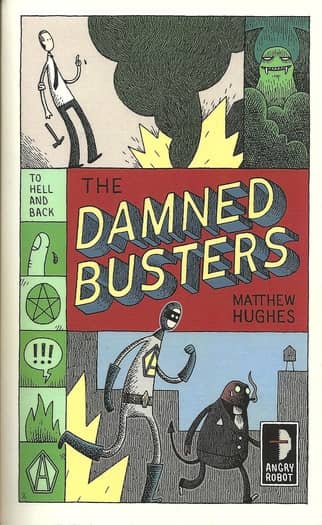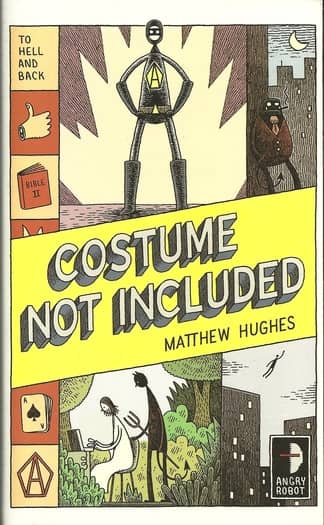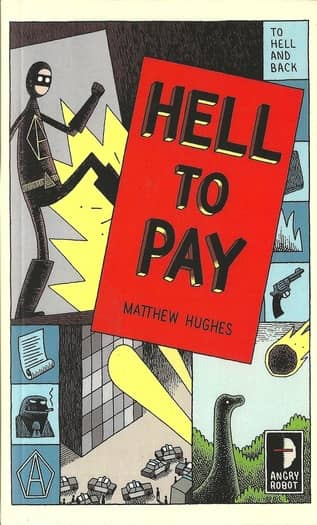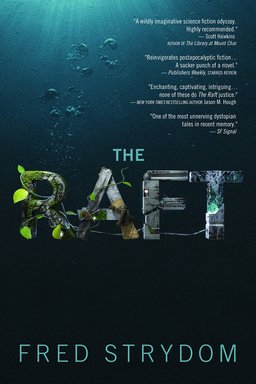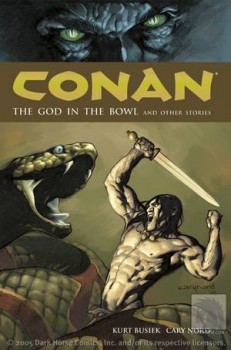Amazing Stories, December 1964: A Retro-Review
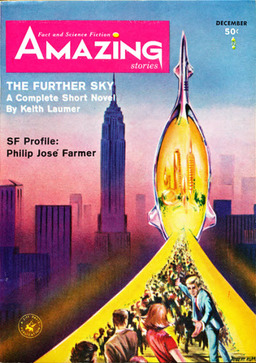 The cover to this issue is by Robert Adragna. Interiors are by Adragna and George Schelling. The editorial concerns Sam Moskowitz’ series of Profiles of SF writers, and signals a change to essays by Moskowitz addressing SF’s treatment of certain themes, beginning in this issue with a discussion of Philip Jose Farmer and — you guessed it! — sex and SF.
The cover to this issue is by Robert Adragna. Interiors are by Adragna and George Schelling. The editorial concerns Sam Moskowitz’ series of Profiles of SF writers, and signals a change to essays by Moskowitz addressing SF’s treatment of certain themes, beginning in this issue with a discussion of Philip Jose Farmer and — you guessed it! — sex and SF.
The article — a fairly long one — begins with a review of some of the SF stories that occasioned controversy by brushing up against sexual issues, and continues with a detailed look at Farmer’s career to date (1964), including of course the controversy surrounding “The Lovers,” but also mentioning I Owe For the Flesh, the first version of To Your Scattered Bodies Go, which had been written for a contest in the early ’50s, and won, and was lost (I understand) after the contest sponsor (Shasta) ran out of money. On the whole, it’s an interesting and worthwhile piece, one of the better things I’ve seen from Moskowitz.
Robert Silverberg’s book review column covers Alfred Bester’s collection The Dark Side of the Earth, Fritz Leiber’s novel The Wanderer, and The Astounding Science Fiction Anthology, edited by John W. Campbell, Jr. Silverberg approves of all three books, and reserves especial praise for The Wanderer — a book which, I would suggest, has not retained much of a reputation (I myself have not got through it on two tries, though it has been a long time, and I suppose I should give it another chance.)
The stories are:
Short Novel
“The Further Sky,” by Keith Laumer (20,000 words)
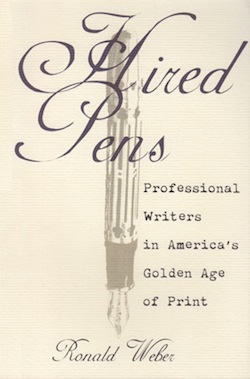 Last month I posted here about
Last month I posted here about 